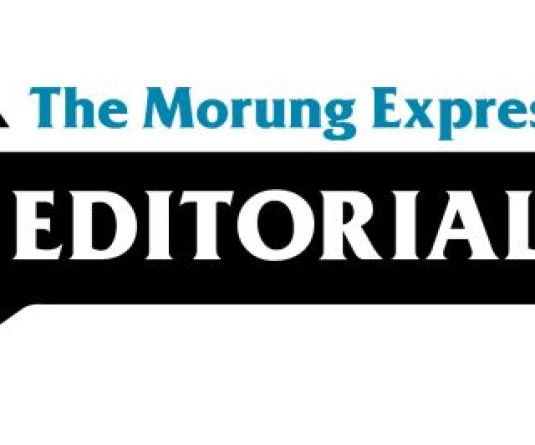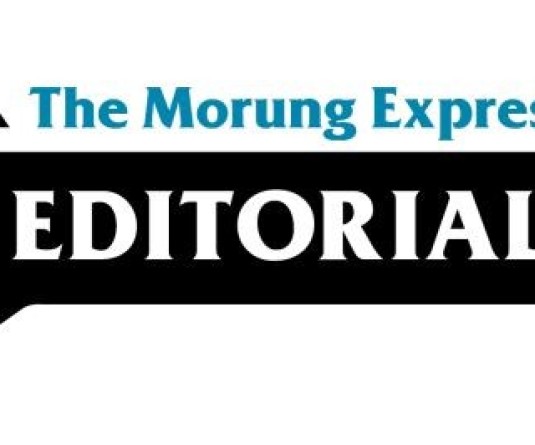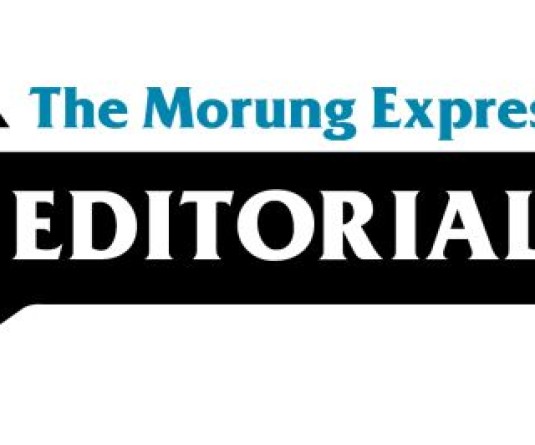
By Akangjungla
The global celebration of economic growth often overshadows the stark reality that not all sections of society reap its benefits equally. While the corporate sector and development indices may flourish, the trickle-down effect to the poor and middle-class populations remains questionable. In Nagaland, particularly in urban centers like Dimapur and Kohima, the disconnect between economic growth and the lived experiences of common people is evident. Rising commodity prices, soaring transportation costs and the daily struggle to make ends meet highlight a systemic failure to ensure equitable development.
For many, terms like “economic growth,” “inflation,” and “monetary policy” are abstract concepts that do little to alleviate their daily struggles. The fundamental needs of food, water, shelter, and basic healthcare remain out of reach for a significant portion of the population. While economists and policymakers focus on controlling inflation and stabilizing markets, the distress faced by common people continues to mount. In Nagaland, this distress is evident in the skyrocketing costs of public transportation and essential commodities.
In Dimapur and Kohima, the rising cost of taxi and autorickshaw fares has become a daily burden for commuters. The common justification, rising fuel prices, offers little solace to those already grappling with stagnant incomes. Similarly, the nationwide inflation has driven up the prices of essential goods, creating a vicious cycle of financial strain. This is not a new phenomenon, but its effects are becoming increasingly alarming.
The growing economic disparity in Nagaland is another cause for concern. While urban centers like Dimapur and Kohima witness the construction of commercial infrastructures and luxury homes, many rural areas remain inaccessible by road, lacking basic amenities. The so-called elite society flaunts its wealth through luxurious lifestyle, while the poor struggle to keep their kitchen fires burning and fund their children’s education. This stark contrast underscores the absence of social and economic justice in Naga society. It is delusional to believe that the benefits of economic growth are being shared equitably. Addressing these challenges requires holding policymakers, government agencies and stakeholders accountable for delivering better public services. The prevailing sentiment among the people, that nothing can be done to change the system, must be replaced with a renewed sense of agency and collective action.
To bridge the gap between economic growth and equitable development, a multi-faced approach is necessary. Policymakers must prioritise inclusive policies that address the needs of the marginalized. Investments in rural infrastructure, affordable public transportation, and accessible healthcare and education are critical. At the same time, the public must actively participate in holding leaders accountable and advocating for systemic change. The fight for economic justice requires the involvement of every citizen.
It is high time to address the problem of the price inflationary pressure on the economy and the burden put on the common people and perhaps, the solution lies with the people itself and now with the authorities. Therefore, despite all kinds of motivational propositions to challenge the structure, unless the state has a conscious driven public to assert good governance, the problem will continue to exist in one form or the other. In Nagaland, the rising cost of living and the widening gap between the rich and the poor are urgent issues that demand immediate attention. The solution lies in amalgamation of accountable governance, inclusive policies and a conscious, driven public that asserts its right to equitable development.
Comments can be sent to akangjungla@gmail.com






